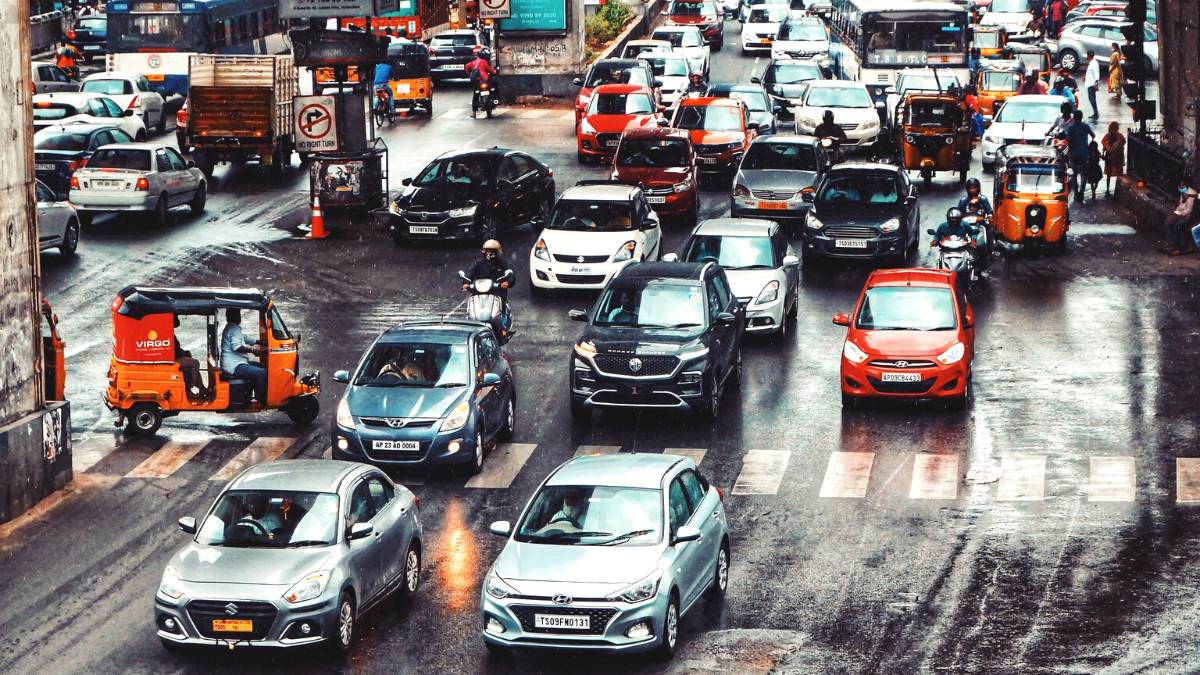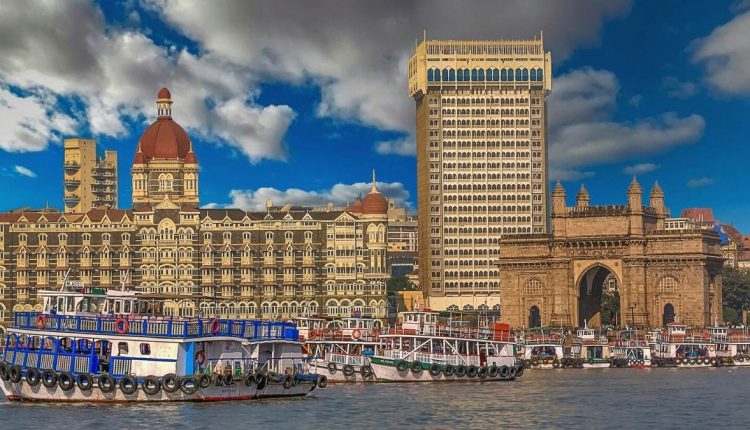India has a rich and diverse cultural heritage. The country has a long and varied history, and its culture has been influenced by a number of different civilizations and cultures, including the Indus Valley Civilization, the Mughal Empire, and the British Raj. As a result, India has a unique and vibrant culture that is reflected in its art, music, literature, architecture, and cuisine. Some of the key elements of India’s cultural heritage include its ancient texts and scriptures, its many religious and spiritual traditions, its colorful festivals, and its skilled artisans and craftspeople.
Things India is famous for
India is a large and diverse country with a rich culture and history. Some of the things that India is famous for include its ancient civilization and architecture, its diverse landscape and natural beauty, its rich and varied cuisine, and its many religious and spiritual traditions. India is also known for its vibrant and colorful festivals, its skilled artisans and craftspeople, and its ancient texts and scriptures. Additionally, India is famous for its contributions to science and technology, including the development of the decimal system and the concept of zero.
How has India progressed over the years
India has made significant progress in recent years, particularly in terms of economic development. The country has one of the fastest-growing economies in the world, and its GDP has increased dramatically in recent decades. India has also made progress in areas such as education, healthcare, and technology. However, the country still faces many challenges, including poverty, inequality, corruption, and environmental degradation. In order to continue its progress, India will need to address these challenges and continue to invest in education, infrastructure, and other key areas.

What the future holds for India?
It is difficult to predict the future for any country with certainty. However, India is a rapidly developing country with a growing economy and a large, young population. Many experts believe that India has the potential to become a major global power in the coming decades. In order to realize this potential, however, India will need to address a number of challenges, including improving its infrastructure, addressing corruption, and reducing poverty and inequality.
Can India become a global superpower?
India has the potential to become a global superpower. It is the second most populous country in the world, with a large and growing economy. Additionally, India has a well-educated population and a strong military. However, in order to become a global power, India will need to address a number of challenges.
What are the major challenges for India?
India faces a number of challenges, including economic, social, and political challenges. Some of the major challenges faced by India include:
Poverty and inequality: Despite India’s rapid economic growth, a significant portion of the population continues to live in poverty. Reducing poverty and inequality is a major challenge for the country.
Infrastructure: India’s infrastructure, including its roads, ports, and airports, is inadequate to support the country’s growing population and economy. Improving infrastructure is essential for India’s continued development.
Corruption: Corruption is a major problem in India, and it can hinder economic growth and development. Tackling corruption will be crucial for India’s future.
Environmental degradation: India’s rapid economic growth has come at a cost to the environment. Deforestation, air and water pollution, and climate change are all major challenges for India.
Social issues: India is a diverse country with many different ethnic and religious groups. Maintaining social harmony and addressing issues such as discrimination and violence will be important for the country’s future.
Where is India heading?
It is difficult to predict exactly where India will head in the 21st century. However, many experts believe that India has the potential to become a major global power. In order to realize this potential, India will need to continue to address its challenges and invest in key areas such as education, infrastructure, and technology. If India is able to overcome its challenges and continue to grow and develop, it has the potential to play a significant role in shaping the future of the world.

